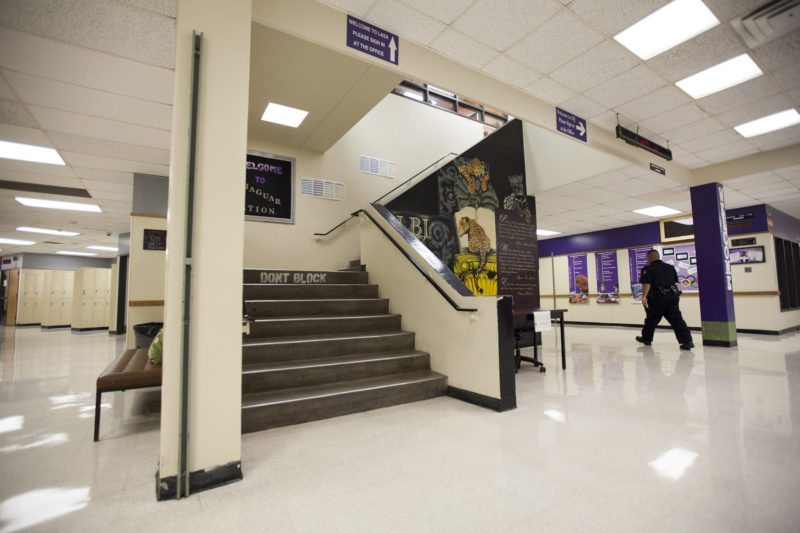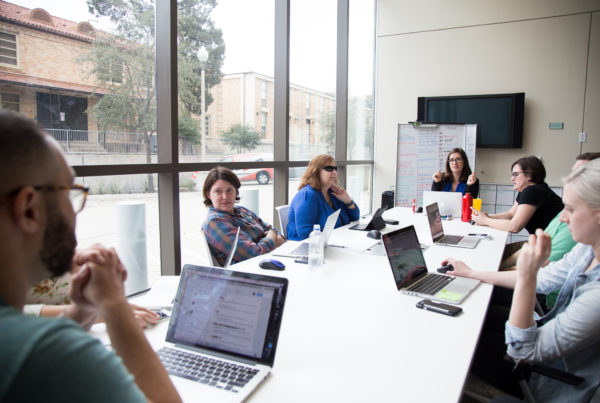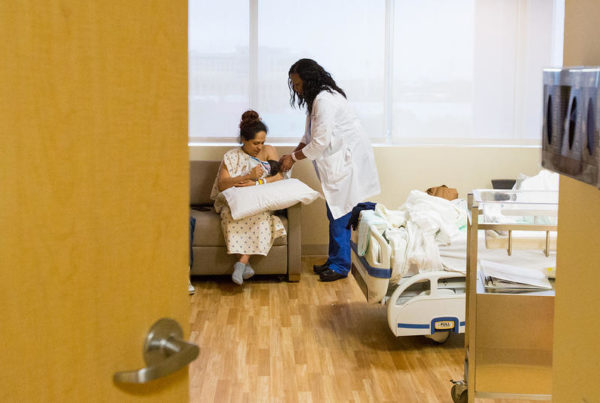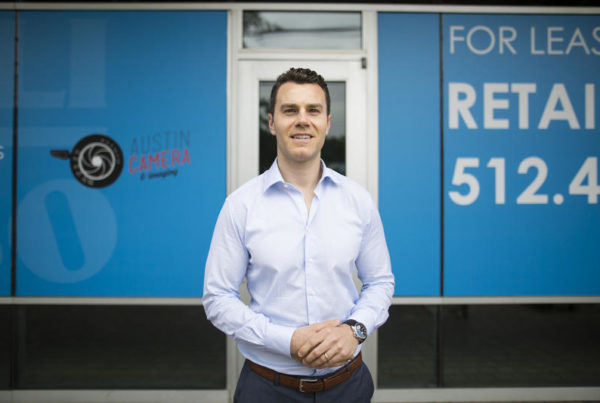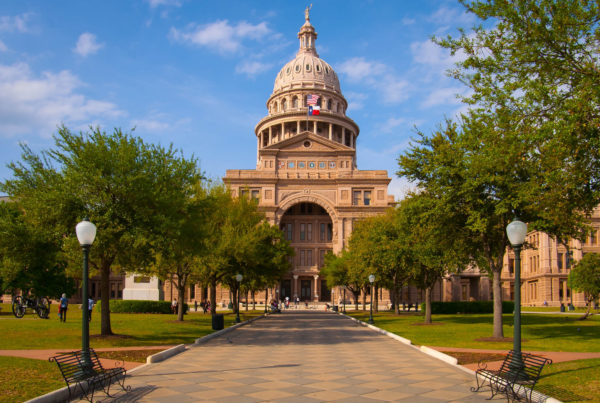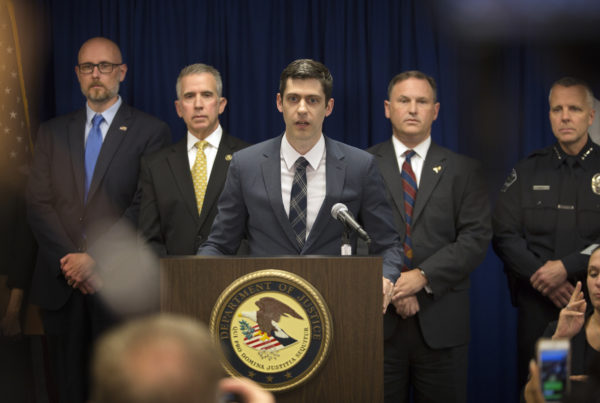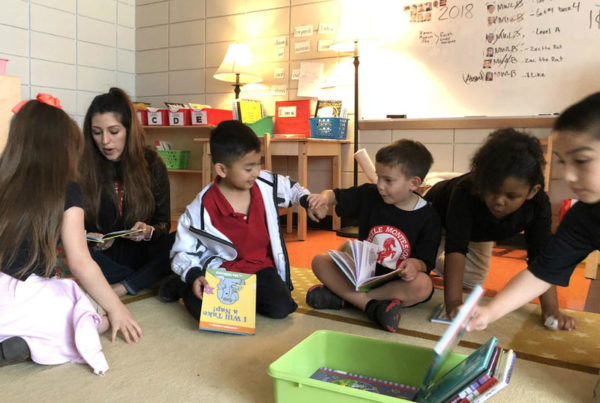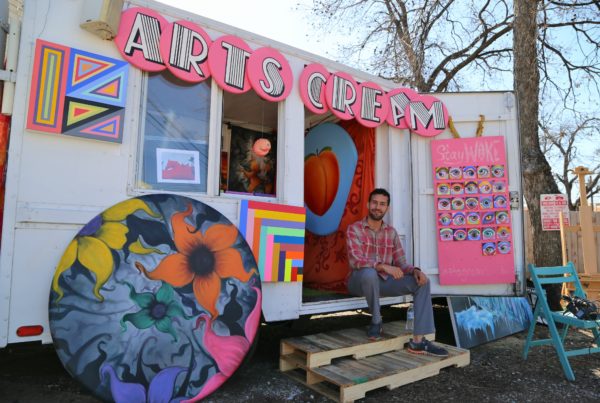Since the Parkland school shooting, we’ve heard questions about whether the tragedy could have been prevented – especially given what we learned about the shooter, a former student whose statements and behavioral issues should have raised red flags.
As schools across the nation look for answers, some are turning to Lubbock. The Texas Tech Health Science Center has been developing what’s called the Telemedicine Wellness, Intervention, Triage and Referral Project. They’ve identified many kids in school districts around Lubbock in need of intervention.
Dr. Billy Philips, the executive vice president for Rural and Community Health at Texas Tech, says the program is designed to fill a gap in schools.
“We started this to help rural school districts that had shortages in their counselor corps and were located in small communities with few mental health resources,” Philips says. “Purpose of it was to identify troubled kids who were imminently dangerous either to themselves or others.”
The project launched in 2014 in response to the Sandy Hook Elementary School shooting.
“As of this moment, we have impacted the lives in these 12 school districts of over 33,000 kids who are in junior and senior high school,” Philips says. “If you think about it as a funnel, it’s easier to understand. So about one percent of them have been referred for a screening with a licensed professional counselor who rides a circuit of schools and therefore is well known in that school. We’ve identified 192 students who have had to be triaged by telemedicine with a child and adolescent psychiatrist. Of those, 24 students have been removed from school and 44 have been placed in alternative school situations.”
He says the 24 removed students were close to committing violence.
“What we’re doing is we’re using the same kind of screening technology – five different instruments that screen various functions – with kids who have already or would have already entered into some sort of process within that school that identified their mental health needs,” he says.
Philips says they’ve also managed to avoid stigmatizing students.
“It’s typically not even known in the school among classmates that this child was even engaged with the program,” he says.
In the weeks since the Parkland shooting, Philips says he’s heard from communities across the country that are interested in the Telemedicine Wellness, Intervention, Triage and Referral Project’s model.
“We have a standing list that’s growing,” he says. “Since the Parkland incident, we have a number of people who would like to replicate the program.”
When the next Texas legislative session begins in 2019, Phillips says he hopes the program can secure sustained funding so they can expand their reach.
Written by Jen Rice.


